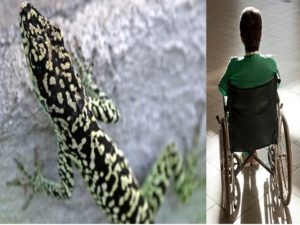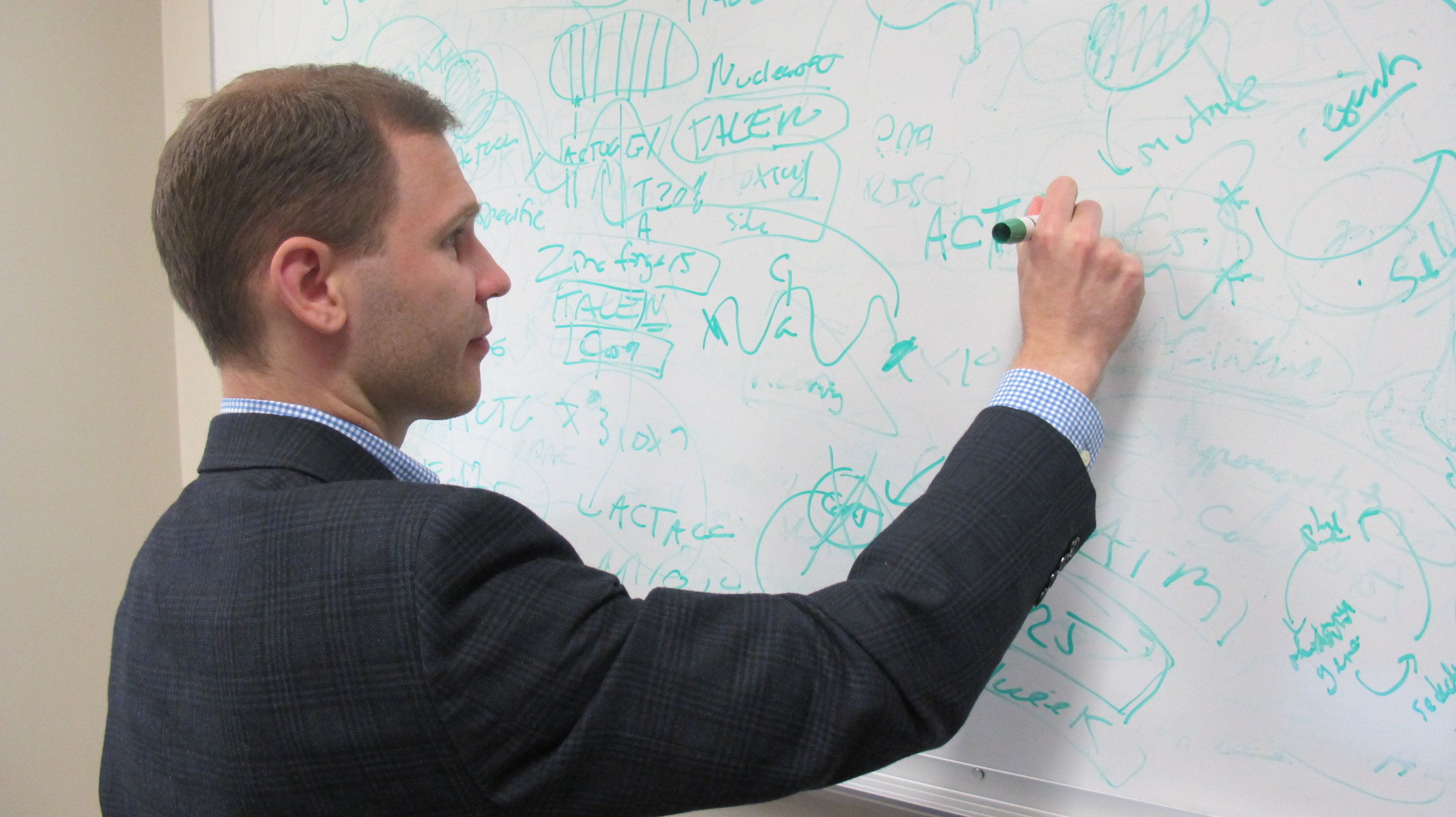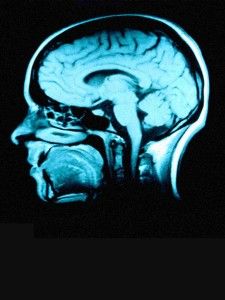
Category: bioengineering – Page 198

PERFECT Official Trailer (2018) Abbie Cornish Sci-Fi Movie HD
Follow us on Twitter ▶ https://goo.gl/8m1wbv
A young man with a violent past enters a mysterious clinic where the patients wildly transform their bodies and minds using genetic engineering.
© 2018



CRISPR plants won’t be regulated
In a big win for the biotech industry, the US Department of Agriculture says once and for all it won’t regulate plants whose genomes have been altered using gene-editing technology.
Why it’s a field day: The decision means that we could see a boom in newfangled plants from firms like Monsanto, universities, and startups like Calyxt, whose oil-altered soybeans featured in our cover story late last year.
Here’s the logic: The USDA says gene editing is just a (much) faster form of breeding. So long as a genetic alteration could have been bred into a plant, it won’t be regulated. That includes changes that create immunity to disease or natural resistance to crop chemicals, as well as edits to make seeds bigger and heavier. It doesn’t include transgenic plants (those with a gene from a distant species)—those will still be regulated.

Google futurist and director of engineering: Basic income will spread worldwide by the 2030s
- Basic income will be widespread by the 2030s, according to Google futurist and director of engineering Ray Kurzweil.
- Kurzweil is known for making seemingly wild predictions. In 2016, he predicted that by 2029, medical technology will add an extra year to human life expectancies on an annual basis.
- ” We’re going to have more and more powerful technology to keep our physical bodies going. We’ll think, ‘Wow, back in 2018, people only had one body, and they couldn’t back up their mind file,’” he said onstage at TED.
As it becomes apparent that artificial intelligence will replace ever-more jobs in the coming years, a growing number of politicians, nonprofits, and Silicon Valley entrepreneurs have started thinking about how we’ll cope with a world in which not everyone can — or needs to — work.
Basic income experiments, in which people are given a regular salary just to live, no strings attached, are popping up all over Europe, Africa, and North America.

Breakthrough brings gene-editing medicine one step closer to patient applications
Imagine a future where a guided biomachine put into your body seeks out defective gene sequences in each cell and edits in the correct information with precision accuracy.
It’s called gene editing, and University of Alberta researchers have just published a game-changing study that promises to bring the technology much closer to therapeutic reality.
“We’ve discovered a way to greatly improve the accuracy of gene-editing technology by replacing the natural guide molecule it uses with a synthetic one called a bridged nucleic acid, or BNA,” said Basil Hubbard, Canada Research Chair in Molecular Therapeutics and an assistant professor in the U of A’s Department of Pharmacology, who led the study.

